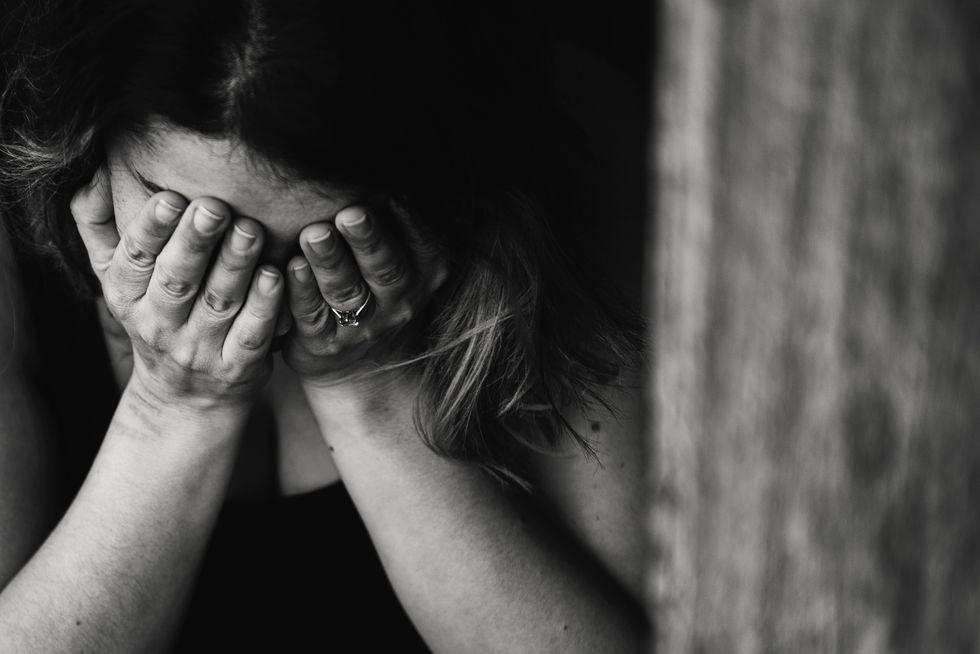Every month, there are multiple days where I don't go to class. On these days I'm not sitting in my room watching Netflix and eating snacks, I'm curled up under the covered with the blinds drawn tight, praying that the hellish pain in my head goes away.
What I have are called chronic migraines, and to be honest, they suck. I feel pain in my head, face, and neck, feel dizzy and nauseous, and any small amount of light or sound makes it worse. Some days, I know a migraine is developing a few hours after I wake up, but other days, one kicks in during the middle of class.
While chronic migraines are awful, I'm not only writing this article to complain about them (although it's pretty tempting to just go on and on about how much I hate them). I want to explain why a migraine isn't just a "bad headache" and what I've found helps me when I get them.
1. Migraine ≠ Headache
Migraines occur far less frequently, and also include nausea, sensitivity to lights, sounds, and smells, and increased pain due to even slight physical exertion. Migraines also aren't as easily cured by over-the-counter treatments in the way that headaches are.
2. Not everyone gets migraines for the same reason.
Migraines can be triggered by certain types of food, such as chocolate or red wine, as well as hormonal cycles, changes in weather (I often get them when there are big air pressure shifts), smells, lack of sleep, or even gluten.
3. Migraines can last for days.
The duration of a migraine is anywhere from 4 to 72 hours, which is the equivalent of three days.
4. Different people have different things that work for them.
Some people find that drinking caffeinated beverages help. Other people feel better after massaging their neck and temples. I’ve found that drinking cold caffeinated beverages like iced coffee without milk help my migraines go away quicker.
5. There’s more than one medicine you can be given.
When talking to your doctor about migraines, they’ll work with you to find the medicine that’s the best fit. From anti-inflammatory medications to acupuncture and even Botox, there are a wide variety of potential cures that might work for you.
6. If you know you get migraines, there are ways to prevent them.
Keep a journal or diary and write down any possible triggers for your migraines, so you can avoid them in the future. Note if you get migraines at a certain time of year, or during certain types of weather. Make sure that you’re getting enough sleep and staying hydrated too.
7. Remember that the pain will pass.
Even during the worst migraines, know that it won't last forever. Remember that you'll have migraine-free days, and that you're not the only one suffering.

















